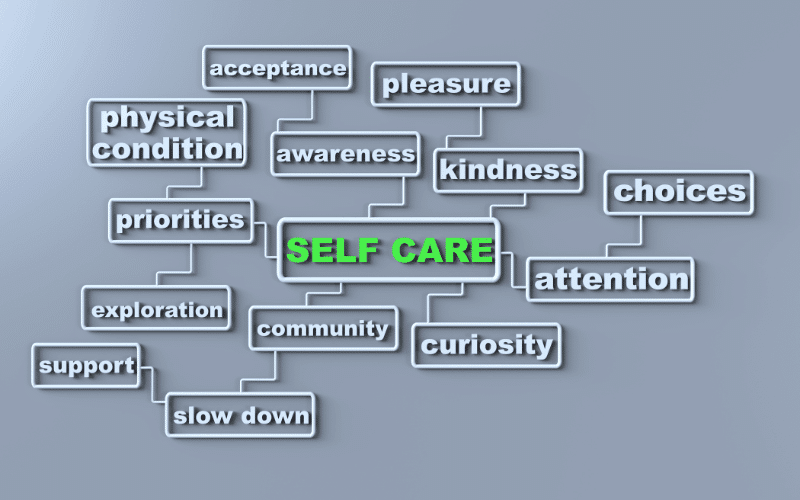11. The Importance of Caregiver Self-Care: Caring for the Caregiver

Caring for someone with dementia is undoubtedly rewarding, but it can also be physically and emotionally draining. As a caregiver, it’s essential to prioritize your own well-being to provide the best care for your loved one.
First off, recognize the signs of caregiver stress. These can include feelings of overwhelm, anxiety, irritability, or sleep problems. Ignoring these signs can lead to burnout, impacting your ability to provide care. If you notice these symptoms, it’s a signal that you need to take a break.
Secondly, remember the importance of regular breaks. Taking time for yourself is not a luxury, but a necessity. Whether it’s a short walk, reading a book, or meeting a friend, these breaks can help you recharge and return to your caregiving duties with renewed energy.
Maintaining your own health is another vital aspect. Regular exercise, a balanced diet, and adequate sleep are all crucial for keeping your physical health in check. Don’t neglect regular medical check-ups for yourself too.
Social support is equally important. Connect with friends and family, share your experiences, and don’t hesitate to ask for help when needed. You can also consider joining a support group for dementia caregivers. These groups offer a platform to share experiences, learn from others, and provide mutual support.
Lastly, it’s beneficial to learn stress management techniques. Practices like mindfulness, meditation, or yoga can help manage stress and promote mental well-being. Incorporating these practices into your routine can help you remain calm and focused, enhancing your capacity to care for your loved one with dementia. (11)